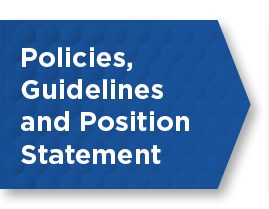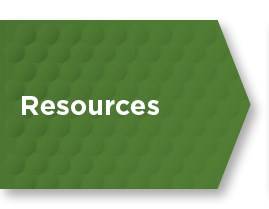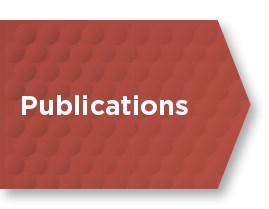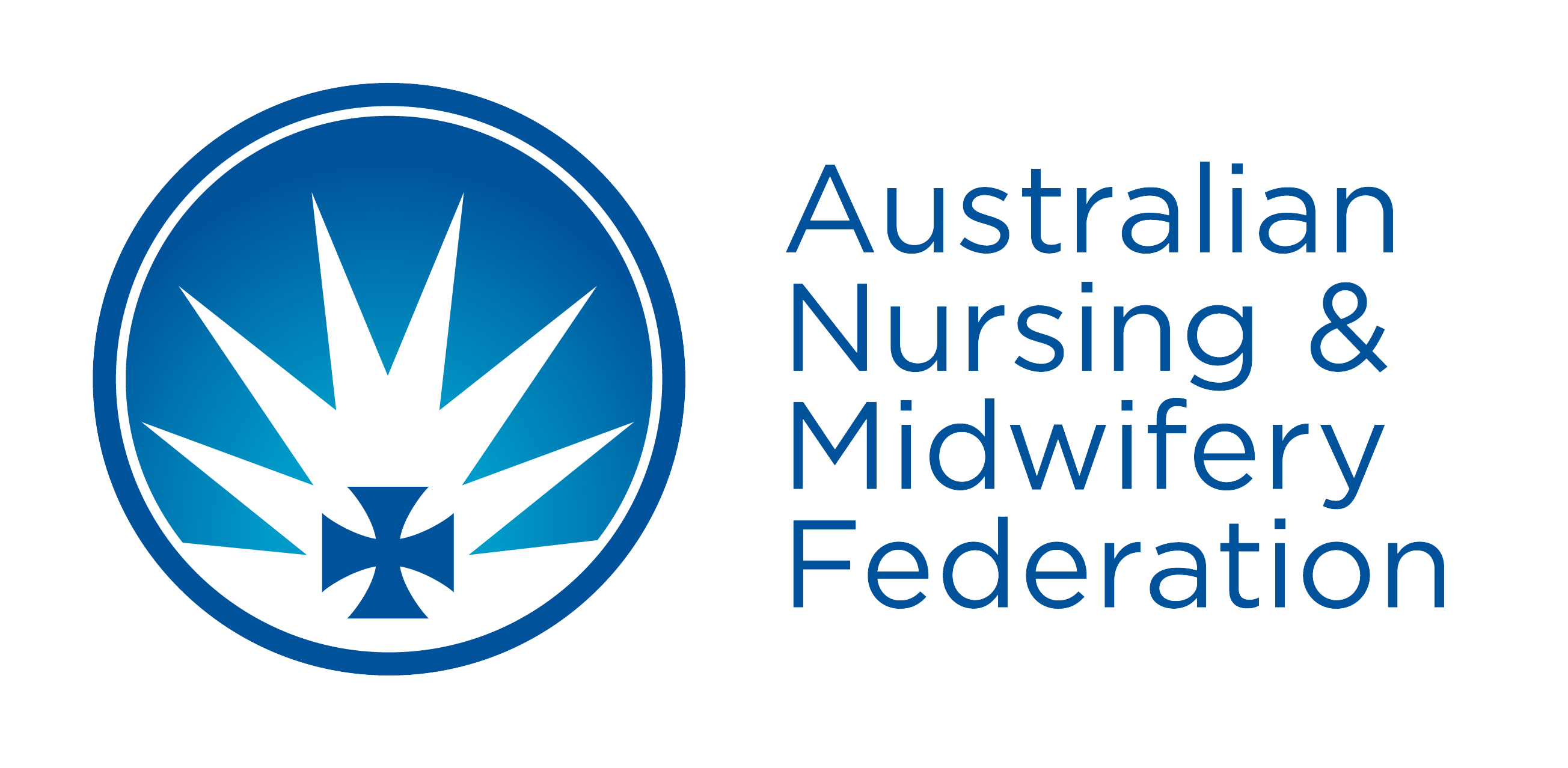
Registration and Accreditation
In order to practice in Australia, all nurses and midwives must have completed an accredited and approved program of study and be registered with the Nurses and Midwifery Board of Australia.
Australia’s National Registration and Accreditation Scheme (NRAS) began on 1 July 2010. The scheme is governed by nationally consistent legislation, the Health Practitioner Regulation National Law Act 2009 (the National Law). Under the National Law, the main function of all the Health Practitioner National Boards is to protect the public. Specifically, the nursing and midwifery professions are regulated by the Nursing and Midwifery Board of Australia (NMBA).
The Australian Health Practitioner Regulation Agency (Ahpra) works with all the 15 National Boards. Each Board has a health profession agreement with Ahpra that sets out how they will work in partnership with the Board to implement the national scheme. This includes fees, budgets and the services provided to the Board by Ahpra.
For a snapshot of the most up to date regulatory data for nurses and midwives, go to the annual report and statistics sections of the NMBA website
Registration
All nurses and midwives within Australia must be registered with the NMBA in order to practice. The national registration renewal date for the nursing and midwifery professions is 31 May of each year. Nurses and midwives are encouraged to renew their registration online.
Please follow the link for all information relating to nursing and midwifery (including student) registration: Nursing and Midwifery Board of Australia
Accreditation
The Australian Nursing and Midwifery Accreditation Council (ANMAC) is the independent authority responsible for accrediting and recommending to the NMBA that programs of study leading to registration or endorsement as a nurse or a midwife be approved.
ANMAC is also an authorised assessing authority for the Department of Immigration and Citizenship (DIAC) and undertakes skills assessments of internationally qualified nurses and midwives seeking permanent migration in Australia. For more information, visit our page on International nurses where you can contact us for further information and assistance.
For a list of the programs of study leading to registration or endorsement that are accredited by ANMAC and approved by the NMBA go to the accreditation section of the NMBA website:
Audit Evidence Tool
The NMBA conducts random annual audits on nurses and midwives to ensure regulatory compliance. Are you ready if the NMBA randomly selects you to be audited against the mandatory registration standards? To assist our members, the ANMF, in conjunction with our State and Territory Branches, has developed the ANMF Audit Evidence Tool for Nurses and Midwives. This tool uses a simple check list process to enable you to compile the evidence you’ll be required to give the NMBA to demonstrate you’re meeting the registration standards on: recency of practice, continuing professional development, professional indemnity insurance, and criminal history. It’s best to be prepared.
Registration of assistants in nursing
Assistants in nursing have an important role in the delivery of nursing care in the health care sector, particularly in aged care. Registered nurses assess the competence of, supervise and delegate aspects of nursing care to assistants in nursing. Titles include assistants in nursing, health assistants in nursing, personal care assistants or workers, personal carers or care workers. These employees provide direct care and aspects of nursing care to people who are aged, frail, have disabilities or illnesses. Assistants in nursing generally work in community and residential settings but some are employed in acute, sub-acute and primary health care settings. The assistant in nursing role is now embedded in the provision of nursing care and, as such, should be regulated under the nursing framework. Registration of assistants in nursing should be introduced under the National Law and the NMBA should be the body responsible for registration.

Policies, Guidelines and Position Statements
Find out more
Submissions
Find out more
Resources
Find out more
